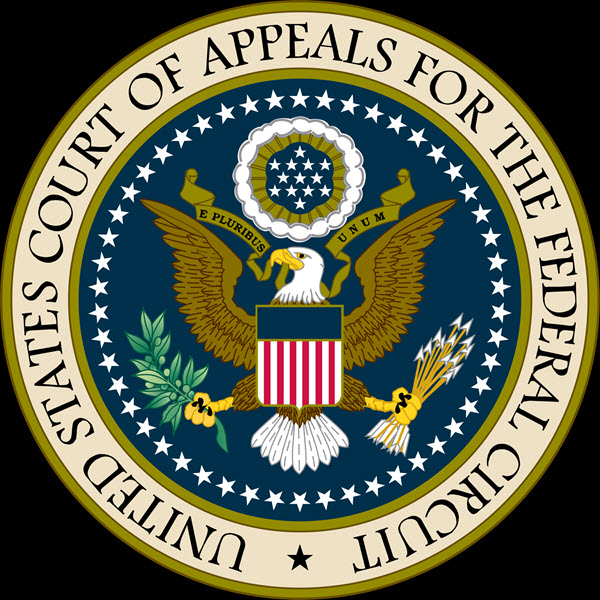Court Says Google Poached Java APIs for Android

The smarter way to stay on top of broadcasting and cable industry. Sign up below
You are now subscribed
Your newsletter sign-up was successful
In a decision, slammed by fair use fans, that could extract big bucks from Google's big pockets, the U.S. Court of Appeals for the Federal Circuit has once again ruled that Google infringed Oracle copyrights in its Android operating system and has remanded the case back to the lower court for a trial on damages.
A California district court trial had resulted in a finding that Google had infringed Oracle Java copyrights, but deadlocked on whether that infringement was covered by fair use. The court then decided that the application programming interfaces (APIs) were not copyrightable fair use. Google celebrated. Oracle appealed.
The Federal Circuit reversed the decision of the United States District Court for the Northern District of California on appeal and remanded with instructions to restore the infringement jury finding and hold further proceedings on the Google Fair use defense, and damages for Oracle if appropriate.
Google appealed that decision to the Supreme Court, which declined to hear the case after the Solicitor General recommended it deny review. In that second trial (in 2016), Google actually won on its fair use defense. Oracle appealed that decision to the Federal Circuit, too, which brings the case up to the present day.
Related: Google's Fair Use Victory Draws Crowd
"{w]e conclude that Google’s use of the 37 Java API packages was not fair as a matter of law," a three-judge panel of the court found. "We therefore reverse the district court’s decisions denying Oracle’s motions for JMOL [Judgment as a matter of law motion claiming the does not have the evidence to support its case] and remand for a trial on damages," the Federal Circuit panel said in a decision released Tuesday (March 27). "The district court may determine the appropriate vehicle for consideration of infringement allegations regarding additional uses of Android."
“We are disappointed the court reversed the jury finding that Java is open and free for everyone," said Google spokesman Patrick Lenihan. "This type of ruling will make apps and online services more expensive for users." Asked whether Google will appeal this decision as well, Lenihan said: "We are considering our options.”
The smarter way to stay on top of broadcasting and cable industry. Sign up below
The Copyright Alliance, representing TV and online content producers and others, has backed Oracle, saying the district court got it wrong that Google's use of the Java programming language in its Android phones was fair use and not copyright violation, as Oracle had contented in suing the search giant, with consequences for the protection of copyrighted content that reaches beyond smart devices.
Among the alliance's key points was that the lower court had made a mistake in ruling that simply "transporting" a work from one medium to another--in this case computers to mobile phones--is "transformative" under the fair use exception to copyright protections.
The alliance said that was particularly problematic for smaller content creators who "who may not have the resources to enter all potential or derivative markets at one time."
Copyright Alliance members include TV studios and their workers, TV and radio stations, sports leagues, news outlets and many more. Board members include representatives of NBCUniversal, Viacom, Time Warner and the Motion Picture Academy of America.
Fair Use fans Public Knowledge said the decision could be devastating.
"The Federal Circuit first erred in finding that application programming interfaces (“APIs”), which are functional means by which software programs communicate with each other, are subject to copyright protection," said Public Knowledge Policy Counsel Meredith Rose. "It has compounded this error by substituting its own judgment for that of a jury, which found that Google’s use of Java APIs was fair, and explicitly ignoring Supreme Court precedent in doing so.
“Taken together, these decisions -- which run counter to decades of software industry practice -- could have devastating effects on the competitiveness, openness, and development of the technology industry. This could lead to higher prices, fewer choices, and worse products for consumers. If the Supreme Court does not reverse the Federal Circuit’s repeated errors, Congress must act to prevent the misuse of copyright to create a monopoly on progress, interoperability, and competition.”
Contributing editor John Eggerton has been an editor and/or writer on media regulation, legislation and policy for over four decades, including covering the FCC, FTC, Congress, the major media trade associations, and the federal courts. In addition to Multichannel News and Broadcasting + Cable, his work has appeared in Radio World, TV Technology, TV Fax, This Week in Consumer Electronics, Variety and the Encyclopedia Britannica.

